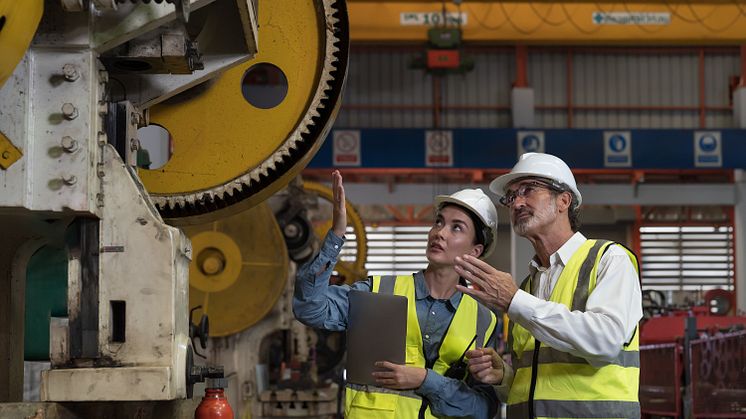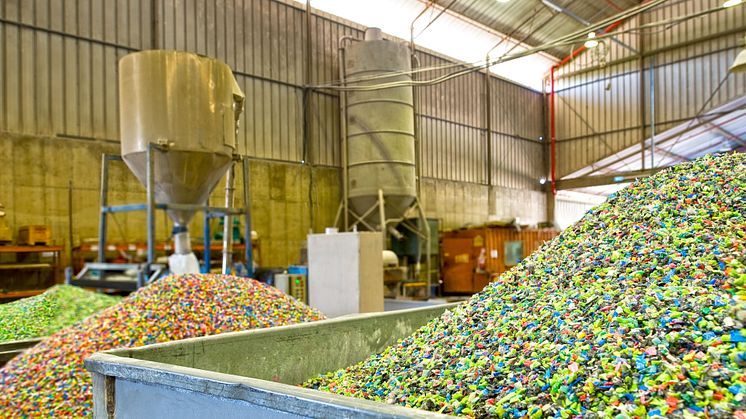Surplex UK relaunches under Surplex brand, strengthening UK presence in industrial auctions
London, United Kingdom – January 2026 – Surplex, one of Europe’s leading industrial auction platforms, announces the relaunch of its UK activities under the Surplex UK brand. The move marks an important step in strengthening Surplex’s presence in the United Kingdom and further integrating the UK market into its pan-European auction network.




